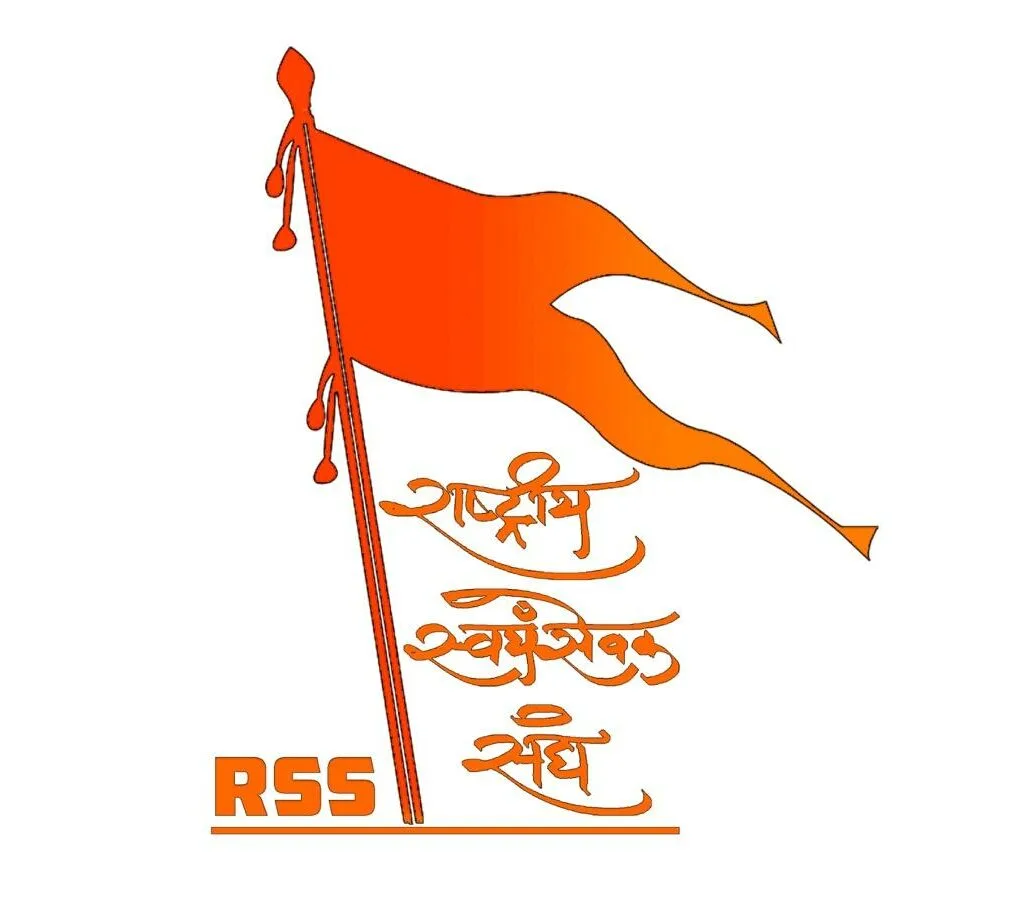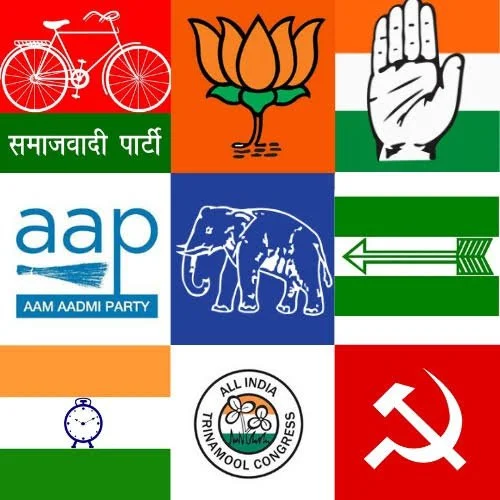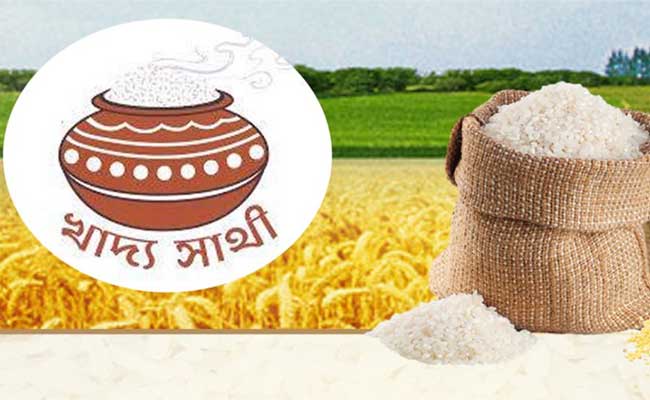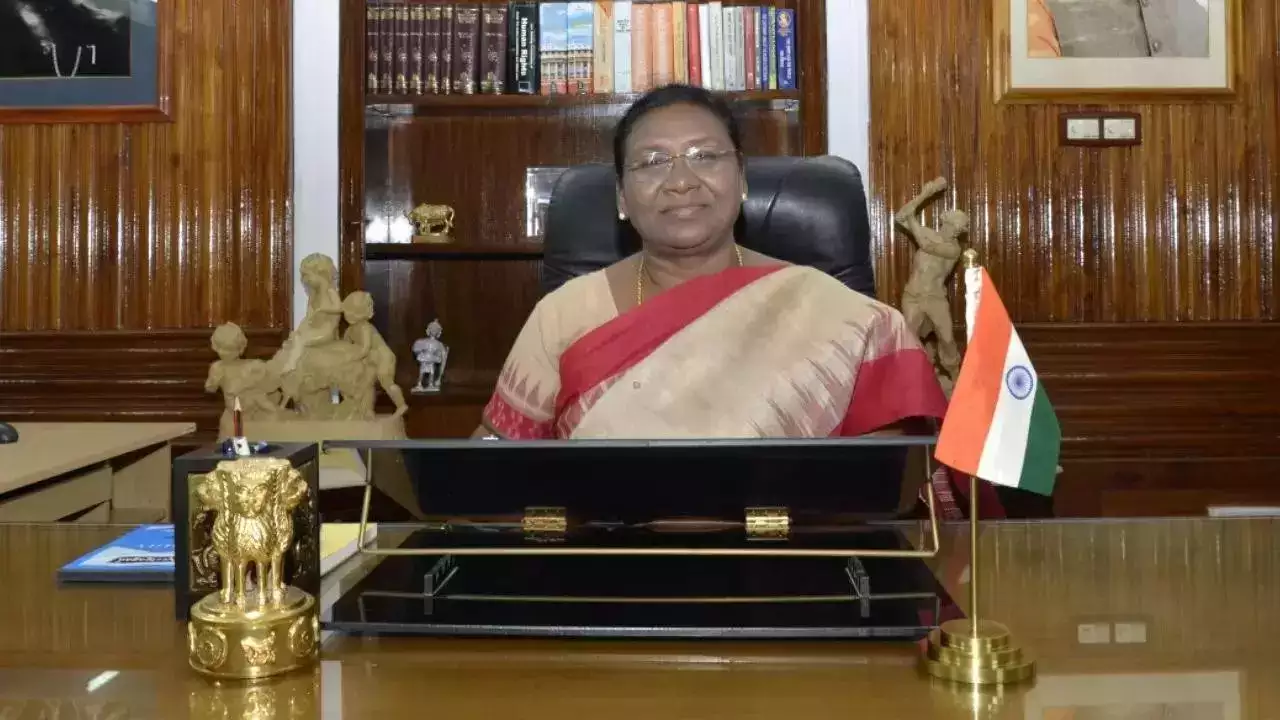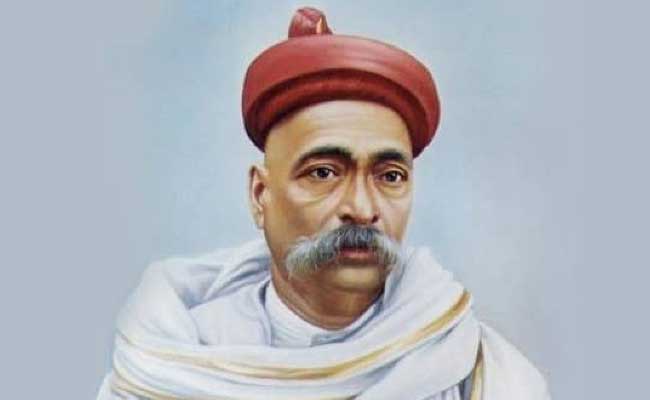Introduction: The Rashtriya Swayamsevak Sangh (RSS), translated as the National Volunteer Organization, is a prominent socio-cultural and nationalist organization in India. Established in 1925 by Keshav Baliram Hedgewar, the RSS has played a significant role in shaping the social fabric and political discourse of the nation. With a vision of fostering a strong, united, and self-reliant India, the RSS has been actively engaged in various fields, including social service, education, and grassroots empowerment. This article explores the key aspects and contributions of the RSS towards nation-building.
- Ideological Foundation: At its core, the RSS espouses the ideology of Hindutva, which emphasizes the cultural and historical unity of the Hindu community in India. It promotes the idea of a harmonious society that respects and cherishes the diversity of its citizens while upholding a common cultural ethos. The organization seeks to instill a sense of nationalism, self-discipline, and social responsibility among its members, emphasizing the values of integrity, patriotism, and service.
- Social Service and Disaster Relief: The RSS has made significant contributions to social service and disaster relief initiatives across the country. Through its vast network of volunteers known as Swayamsevaks, the organization actively engages in community development, healthcare initiatives, blood donation drives, and relief operations during natural calamities. The selfless service provided by RSS volunteers during times of crisis has earned them immense respect and recognition.
- Education and Character Building: Recognizing the critical role of education in shaping the nation’s future, the RSS has established educational institutions and programs that focus on holistic development and character building. Institutions such as the Saraswati Shishu Mandirs and Vidya Bharati Schools provide affordable education imbued with Indian values, fostering a sense of pride in one’s cultural heritage while promoting academic excellence.
- Grassroots Empowerment: The RSS places great importance on grassroots-level empowerment and has initiated several programs to uplift marginalized sections of society. It conducts skill development workshops, vocational training programs, and self-employment schemes, enabling individuals to become self-reliant and economically empowered. The organization also promotes women’s empowerment through initiatives such as the Rashtra Sevika Samiti, encouraging women to actively participate in nation-building.
- Cultural Revival and Preservation: The RSS recognizes the importance of preserving and promoting India’s rich cultural heritage. It organizes various cultural events, including festivals, lectures, and exhibitions, to create awareness and instill a sense of pride in Indian traditions. The organization has been instrumental in reviving and popularizing traditional art forms, promoting yoga and Ayurveda, and preserving ancient temples and heritage sites.
- Civic Awareness and Nation-Building: RSS volunteers actively engage in creating civic awareness and promoting good governance among citizens. Through campaigns and workshops, they educate people about their rights, duties, and the importance of active participation in the democratic process. The RSS also aims to instill a sense of national pride, unity, and social cohesion among citizens, emphasizing the concept of “Nation First.”
Conclusion: The Rashtriya Swayamsevak Sangh (RSS) has played a crucial role in shaping the social, cultural, and educational landscape of India. With its focus on social service, grassroots empowerment, and the preservation of Indian traditions, the organization has been instrumental in fostering a sense of nationalism, unity, and self-reliance among its members and the wider society. While opinions about the RSS may vary, its contributions to nation-building cannot be overlooked. As India moves forward, the RSS continues to be a significant catalyst for social transformation and inclusive development.
![]()

